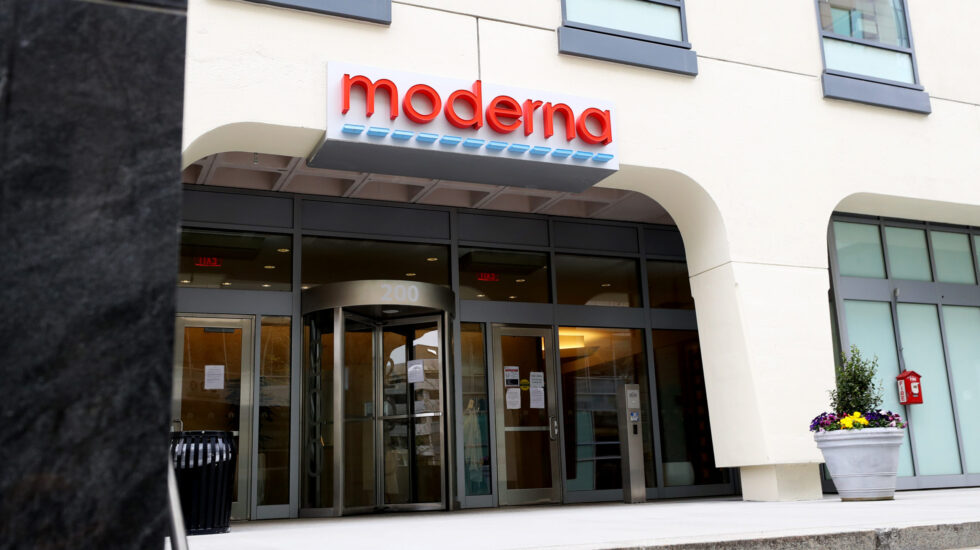For the second time in less than two weeks, a Covid-19 vaccine has received the blessing of the Food and Drug Administration for emergency use, this one from the biotech company Moderna.
Distribution of millions of doses could begin by next weekend, if a second, independent review panel signs off on the vaccine as safe and effective.
“The FDA released Moderna’s 30,000-person clinical study of its vaccine, along with the agency’s own analysis,” reports the Wall Street Journal, adding that on average, it was found to be more than 94% effective at preventing the disease in most people aged 18 and older.
The vaccine was found to be somewhat less effective in older people, the FDA analysis finds. “For people ages 18 to less than 65, the effectiveness is 96%, compared with 86% for people 65 and older,” NPR reports.
The FDA study said experts found the Moderna vaccine was effective “across age groups, genders, racial and ethnic groups, and participants with medical comorbidities [underlying conditions] associated with high risk of severe Covid-19.”
One-fifth of the test subjects were Hispanic, 10% were Black and 4% were Asian, reports the Washington Post, adding that more than 40% of the participants “were either over the age of 65 or had medical conditions that increased their risk of severe disease.”
Each subject received two injections, weeks apart.
Side effects from the Moderna vaccine “were widespread, occurring in most recipients, but typically short-lived, including fatigue, headaches, muscle aches and pain at the injection site,” the Post reports.
Just last Thursday, a vaccine from Pfizer pharmaceuticals won approval after going through the same review process, and vaccinations began Monday across the country.
Distribution of Moderna’s vaccine will be easier than Pfizer’s, because the Moderna drug is much less sensitive to temperature.
“For shipping and storage, Moderna’s vaccine needs to be frozen … but at minus 4 degrees Fahrenheit — more like a regular home freezer. Once the vaccine is thawed for use, it can be kept at 36 to 46 degrees Fahrenheit, the temperature of a typical home fridge, for up to 30 days,” NPR says.
Pfizer’s drug must be kept extremely cold: minus 76 degrees Fahrenheit or colder.
The vaccines couldn’t be more badly needed: as of Tuesday morning, the Johns Hopkins Covid-19 Tracker shows more than 16.5 million Americans have been infected by the virus, and nearly 301,000 have died.
The FDA reviews of both vaccines “cement the success of a new genetic vaccine technology” involving the nucleic acid RNA, “which could be used to rapidly create vaccines for other diseases,” the Post says.
This “messenger RNA” takes over the machinery that cells use to make proteins, using it to build replicas of the “spike” proteins that cover the surface of the coronavirus.
“The immune system learns to recognize — and block — the spike,” the Post says.
Older vaccines use the target virus itself, either dead or weakened, to teach human immune systems to recognize the threat and defend the body.
There remains a vexing issue, reports the New York Times: convincing many skeptical Americans to take the vaccine shots.
A survey released on Tuesday by the Kaiser Family Foundation found that 1 in 4 people were hesitant to be vaccinated — particularly Republican, rural and Black Americans. Many Republicans said they don’t consider Covid-19 to be a serious health threat.
“It will be a real challenge to undo Covid denialism among this slice of President Trump’s political base,” said the Kaiser Foundation’s Mollyann Brodie.
